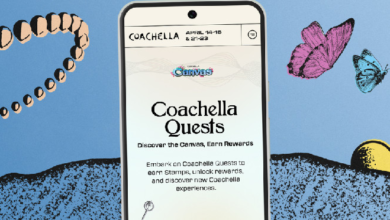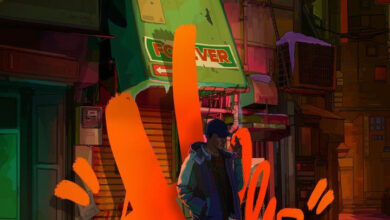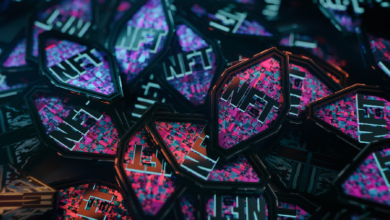How Zhuk’s Serene Artistry Makes the Ancient Modern
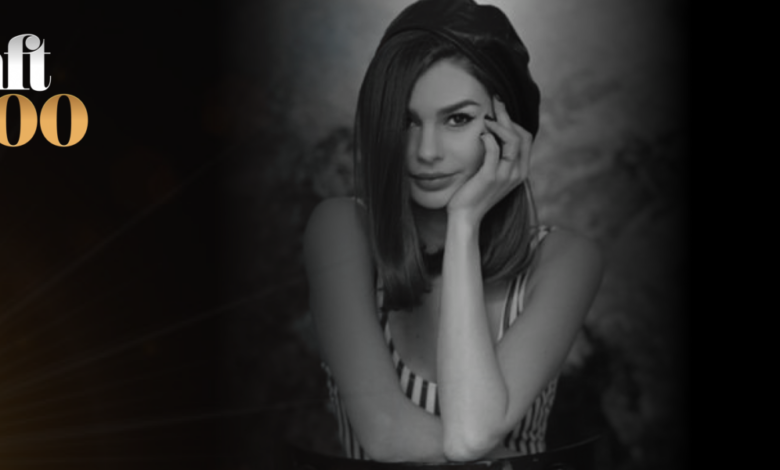
When you see a Zhuk painting, there’s no mistaking it as anyone else’s work. The Azerbaijani artist’s style has become a staple of Web3 over the last year, injecting a digital-heavy NFT space with some refreshingly ancient aesthetics. A third-generation family artist, Zhuk brings a uniquely modern lens to classical figurative painting, often depicting the human body as if suspended in water or viewed in a dreamy, flow-like state. This approach allows her to play with shape, contrast, and color in fascinating ways.
Zhuk’s work has been featured in Time’s NFT initiative Slices of Time, collected by some of the biggest names in the space (including Cozomo de Medici), and featured at legacy auction house Sotheby’s, a notable achievement for any artist. A deserving honoree of 2023’s NFT100, nft now caught up with Zhuk to talk about her work, how she got into the NFT space, and how she’s building a Web3 brand to reach beyond the walls of her canvas painting.
A slow and steady rise
In April 2021, Zhuk entered the world of NFTs when she minted Dualism — a piece depicting a man seated in a watery environment and evoking Rodin’s The Thinker — on Foundation. Shortly after, the piece was bought by NorCal Guy, a collector known for helping shine a spotlight on up-and-coming artists in Web3 by collecting their work.
“I learned about the NFT space from the news, and it instantly got my attention,” Zhuk explained while speaking to nft now. “I loved the idea of a space where you can present your work to a wide creative audience. My first step was the Foundation platform, where I was lucky enough to meet a collector who appreciated my work. Everybody knows Norcal Guy! I am very happy to be a part of this space.”
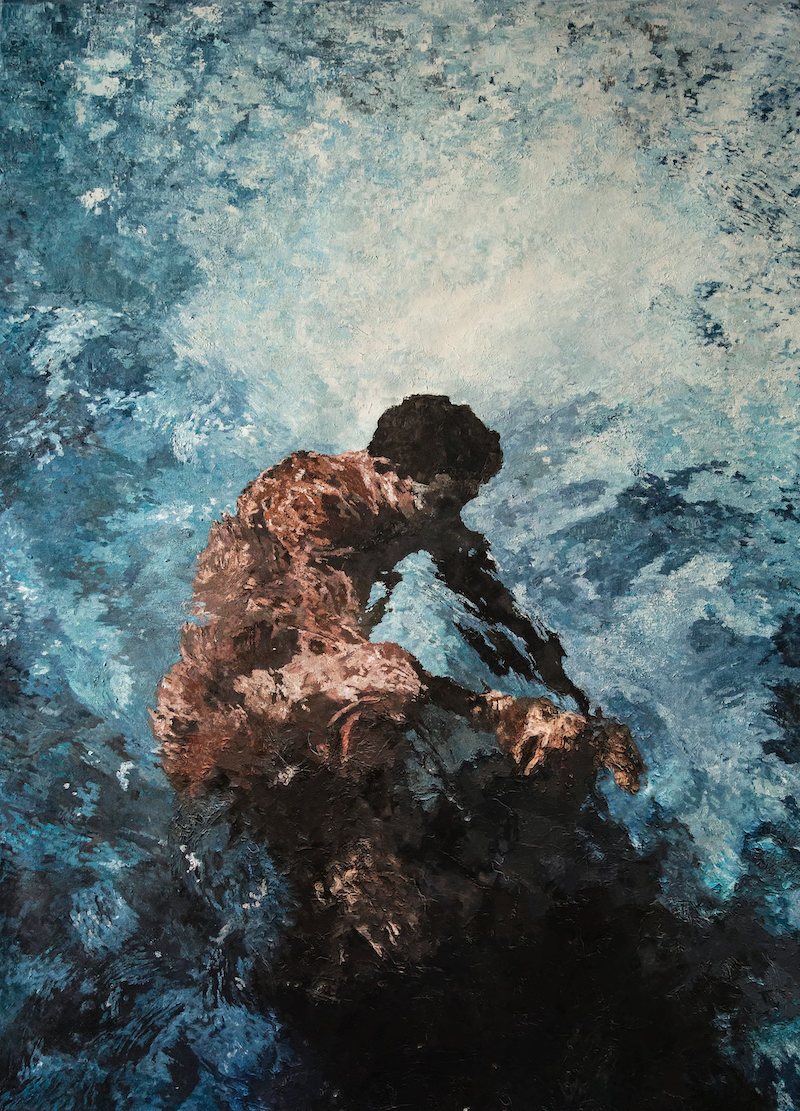
Since that sale, Zhuk has consistently engaged with the community, putting out one mesmerizing piece after another. Amid a bear market, Zhuk’s 1/1s regularly sell for 15-20 ETH, numbers that seem to defy the gravity of current trends.
A modern lens on tradition
As Zhuk comes from a long line of classically-trained artists, she has a natural interest in combining those traditions with her contemporary vision, a style she describes as “modern with a classical approach.”
“Any viewer can try [my characters] on themselves in order to feel the atmosphere and emotions that I want to convey through the canvas.”
Zhuk
“My art is not focused on the human body in particular, regardless of whether it’s female or male,” Zhuk said of her work. “The image of a character in my works is only a human form, which any viewer can try on themselves in order to feel the atmosphere and emotions that I want to convey through the canvas. I depict naked bodies because this is how we come into this world, naked and in the water, which I also use in my works. Thus, I try to remove the entire material and everyday layer of our life, leaving nothing else but pure feelings.”
Zhuk’s NFT drops often revolve around ancient themes, a conceptual lean perhaps most evident in The Seven Virtues and The Three Graces collections, which deal in the principles and ethics of ancient Greek mythology.
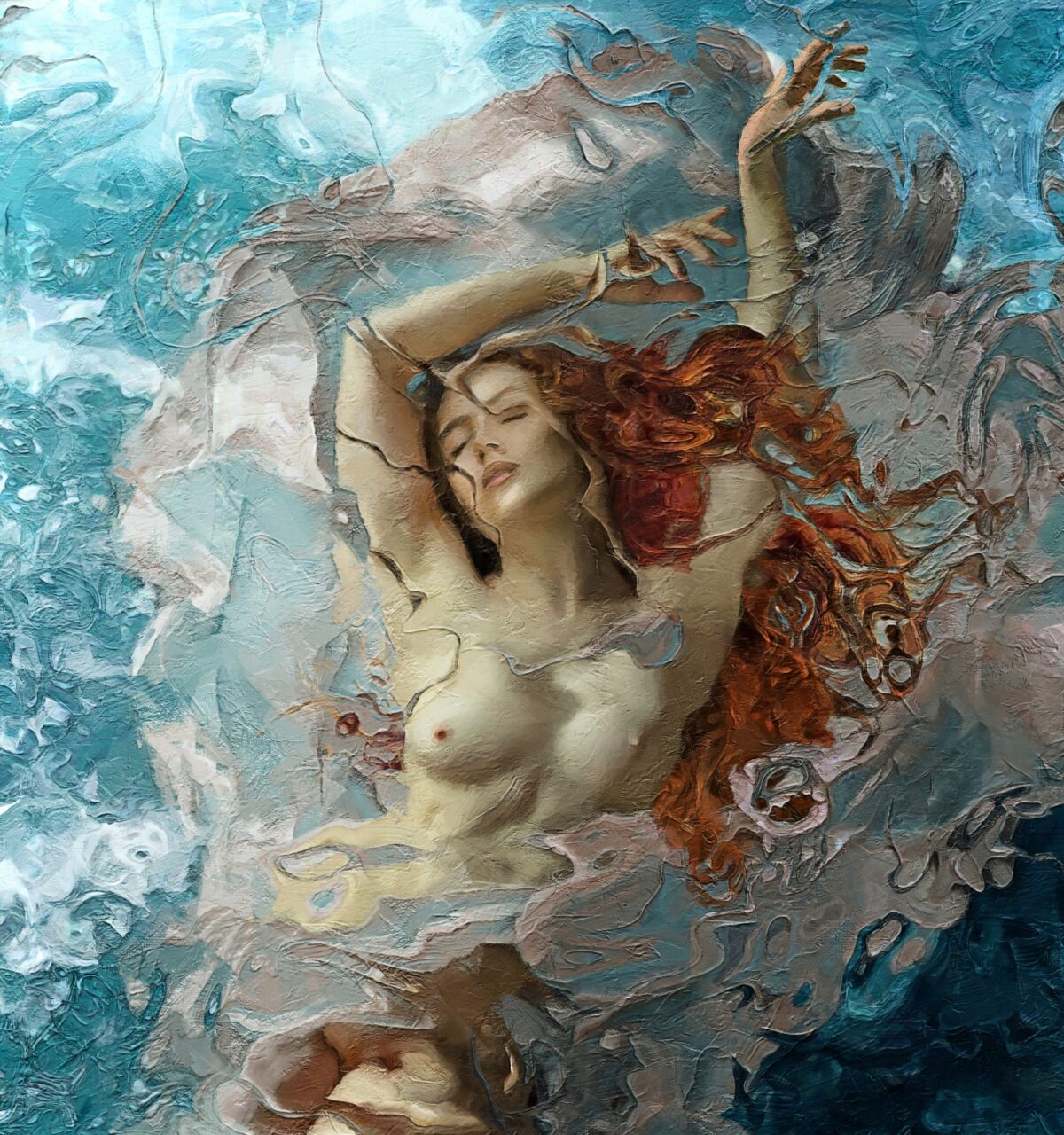
“Virtue promotes the enhancement of the human person beyond what has been imposed upon us by societal standards, dominant ideologies, and our own wounds,” Zhuk said of the thematic grounding of these projects. “Virtue teaches us that we must think, act, and speak based on moral principles, not based on how society or the media tells us to.”
Zhuk’s plans for the next year are as ambitious as anyone’s and include aspirations to collaborate with artists in the space, sell her work at Christie’s, and build a personal brand in which her art will “extend far beyond the canvas.” And after that? “Have just a little rest,” Zhuk says. It’s not a bad plan; after all, she’s earned it.
Want more NFT100 honoree interviews? Get the full list of everyone we spoke with here.


